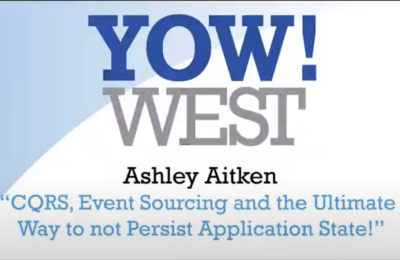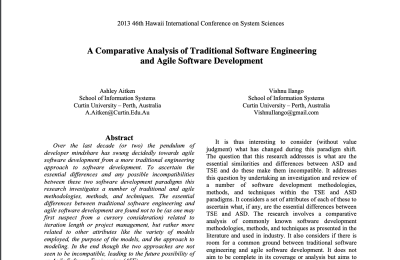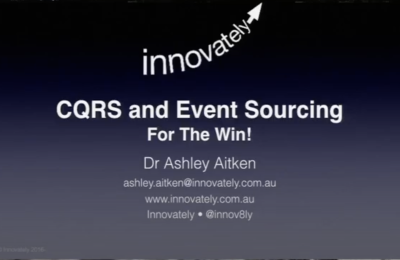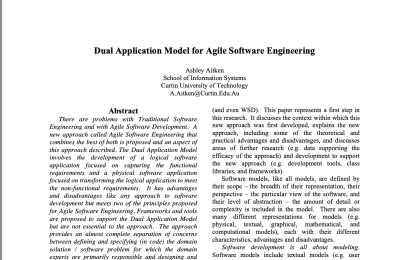I am a computer…
…and so are you!
… well, that’s our current best theory of what we are. The “Computational Theory of Mind” says that our minds are computers. But, to be clear, that doesn’t mean we have a CPU, RAM, and hard disk. Come along to this talk to learn what it really means for a calculator, a phone, and for US to be computers. This is not a talk about machine learning algorithms, it’s more about what it means to be a thinking machine. It’s not only about helping computers think more like us, but also helping us to understand that we are more like computers. It will help you prepare for the coming wave of “thinking machines.” AI/ML software has already beaten the world’s best humans at Chess, Jeopardy, Go, and some video games, and now it’s learning how to play games from scratch, writing text, writing code, and more. As a result, it’s also time for us to start talking more about “machine with minds.” This talk will also hypothesise a little about what it means for a computer (and us) to be aware, self-aware, to have free will, and to feel like we do, i.e. to have a mind. It combines research in Computer Science, Cognitive Science, Neuroscience, even and some Philosophy of Mind. The speaker has a PhD in Artificial Intelligence (including Cognitive Science and Neuroscience) from UNSW. They have written and published research and conference papers on AI. They have provided advice and guidance to AI startups, and to organisations keen to use AI to improve their operations.




